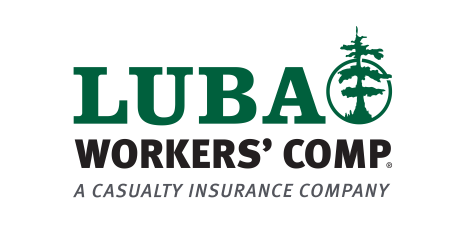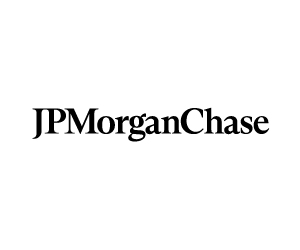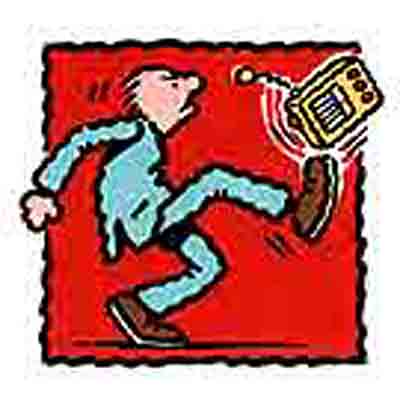For a couple of years, I’d say the most common investigation request I’d get was “Why doesn’t Lafayette recycle glass?” The natural follow-up, of course, is… “What happens to it?”
Well…for most of the glass you use – it ends up in a landfill. Even the stuff you thought you were recycling all those years ago. And here’s a disturbing fact: Glass takes one million years to degrade in a landfill. Think carefully before you toss that High Life bottle in the trash can.
There is another option. Not recycling: upcycling. What’s the difference? Finding a new and improved use for your rubbish. Glass makes great mulch. It keeps the weeds, mold and mildew at bay. It doesn’t have to be changed out too much. And it’s lovely. It’ll make your garden glimmer.
How do you make glass mulch?

Tina Crapsi – inventor of Backyard Sapphire’s The Annihilator, Lafayette’s glass recycler
Tina Crapsi of Backyard Sapphire does it with a glass crusher she built herself. The “annihilator” can turn a case of beer into a pound of mulch in 15 seconds.

Your empty wine bottles become glass mulch
Backyard Sapphire processes the glass and turns it into custom blends of colorful mulch. The service went viral quickly, and Tina and her partner Dawn signed up a few dozen subscription customers for curbside pickup and have begun working with local businesses, too. Bit by bit, Backyard Sapphire’s grassroots approach is keeping tons of glass out of local landfills.
So we’re trying to clean up the ground, what about the air we breathe? Carbon emissions aren’t the only toxin affecting our respiratory health. In Louisiana, we’re in a constant battle with mold. Mold grows fast. It’ll spread with just 60% humidity in the air. Now imagine what happens after a hurricane? A home exposed to water can be overwhelmed with mold within hours.
We’ve actually managed to make this problem worse in the modern era. Drywall and synthetic glues have made building homes cheaper, but they’ve also created breeding grounds for mold. Just a little bit of water can create serious problems.
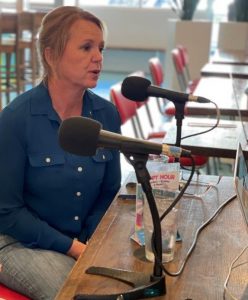
Nicole Wenger – removing mold is more than spraying bleach on your drywall
That means mold remediation is essential business in our neck of the swamp, but it’s actually not that common. Nicole Guillory Wenger and her husband founded DryMax in 2010 to respond to that gap. Nicole previously worked in architecture and did restoration work in post-Katrina New Orleans.
DryMax has since come to specialize in remediation, working a range of projects from post-disaster clean up to remediating historic buildings.
In Louisiana, there’s no shortage of work in the mold business. And Nicole spends a lot of her time teaching customers about what to look for in a quality mold contractor, even if she can’t take their work.
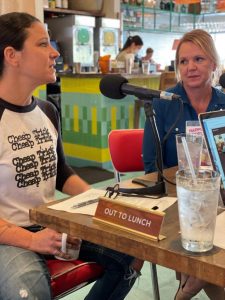
Tina Crapsi and Nicole Wenger at Tula Tacos
Out to Lunch Acadiana is recorded live over lunch at Tula Tacos + Amigos in downtown Lafayette. You can find photos from this show at our website. And here’s more lunchtime conversation you might like, about the connection between recycling and art.


